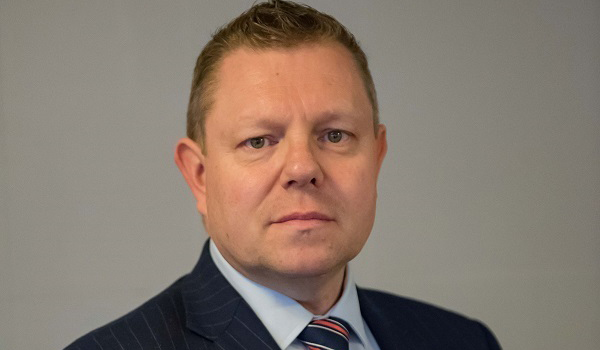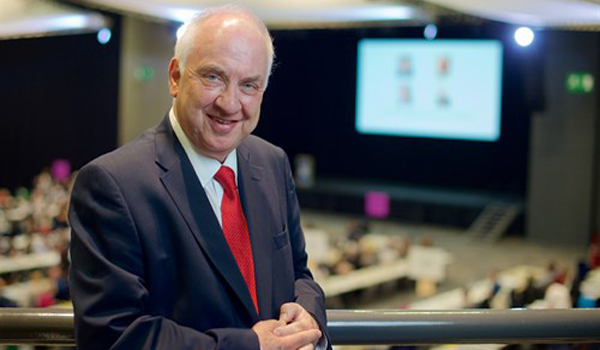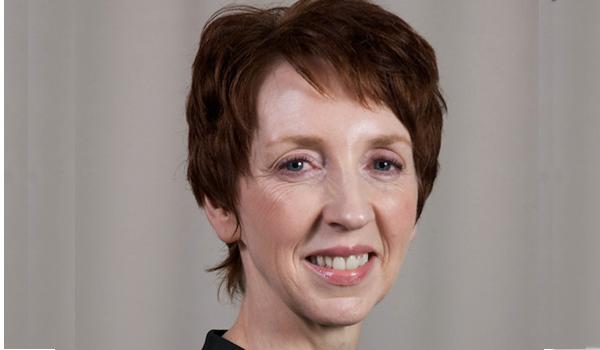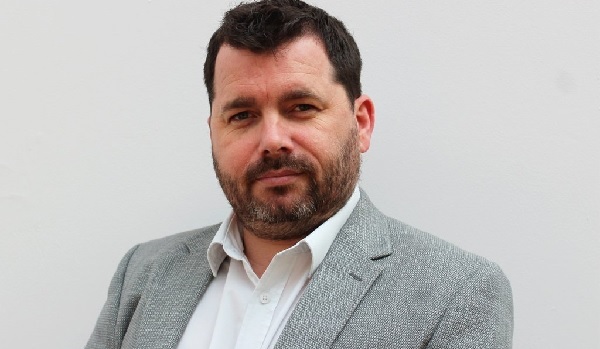Home Secretary unveils provisional police funding settlement
Home Secretary Priti Patel has published details of the provisional police funding settlement for 2022/23 with the package representing a seven per cent cash increase on last year’s figures.
The additional £1.1 billion will support the delivery of the Government’s Beating Crime Plan and means policing will receive up to £16.9 billion in total in 2022/23.
Ms Patel, said: “Crimes including theft, burglary and knife crime are down, we’ve got an additional 11,053 police officers on our streets, and we’ve shut down 1,500 drugs lines which exploit the young and the vulnerable.
“But we must go further and faster to make our communities even safer, so today I am giving our excellent police forces and law enforcement agencies more funding to do just that, in line with our Beating Crime Plan.
“Reducing crime is a top priority for this Government and I will continue working with police leaders to ensure this unprecedented investment results in less crime and fewer victims.”
Minister for Crime and Policing, Kit Malthouse, said: “We have asked a lot of our police over the course of the pandemic, and while it’s true that our neighbourhoods are getting safer, we are removing weapons and drugs from our streets and we are putting thousands more police on the beat, now is not the time to take our foot off the pedal.
“Beating crime is the Government’s number one priority, and I am confident this settlement will give the police the resources they need to keep our families and our communities safe.”
Within the total package, forces will also be given £550 million more from government grants, including funding for the uplift of 20,000 extra officers as promised by the Government by the end of March 2023.
The settlement includes more money to enable the police to tackle serious organised crime, support rape victims and protect our national security, with counter terrorism police funding increasing to more than £1 billion for the first time.
National Police Chiefs’ Council lead for finance, Chief Constable Gavin Stephens, said: “We welcome the certainty provided to policing by the recent multi-year settlement, and investment in additional officers.
“The confirmation of funding announced today will allow forces to focus additional resources into tackling priority crime areas for the public, such as targeting those that perpetrate violence against women and girls, county lines drug gangs and serious violent crime.”
Chief Constable Andy Marsh, College of Policing chief executive officer, said: “More funding to support policing is welcome as the service continues to work relentlessly to prevent crime and protect the public.
“The additional police officers coming into the service will strengthen the existing workforce and allow forces to make decisions on how best to use this resource to keep the public safe.
“The demands and complexity of policing are changing and it is important that forces have the resource to continue tackling traditional crime types such as burglary, while also listening to the public and renewing our focus to better protect women and girls, improve diversity and build trust.”
Funding to police and crime commissioners (PCCs) is increasing by up to an additional £796 million, assuming full take-up of precept flexibility. PCCs will have up to £10 of precept flexibility per Band D property in each of the next three years to use according to their local needs.
Commenting on the funding settlement, Association of Police and Crime Commissioners (APCC) finance lead Roger Hirst said: “PCCs welcome this funding which will enable us to complete the recruitment of 20,000 new police officers. We are delighted that the uplift programme is fully funded which will mean that not only will we get the extra officers, but the necessary technology as well.
“This settlement will also enable policing to complete its shift towards a more prevention-based approach, getting crime down and tackling key areas like drug-driven violence and violence against women and girls. Additional resources given to projects like the Safer Streets Fund play a crucial role in this.
“PCCs recognise that this has been a hugely challenging time for police officers and we want to ensure their work during the pandemic is recognised and that we can invest in them and their capabilities. This three-year settlement is intended to cover a police pay settlement as well as the increase in numbers. However, if inflation does pick up in the months ahead then we would need to go back to government to ensure that a decent settlement is affordable at the same time as we invest in extra capacity, and police pay is not eroded.
“We acknowledge the fact that whilst the Government is increasing funding centrally, a proportion of the funding is reliant on PCCs increasing the precept locally over the next three years. PCCs will be weighing up demands of community safety against the ability of local people to pay for more policing.
“Whilst this investment will help us to deliver on the policing uplift, we know we have to continue on our drive to make the service more efficient. The process of reviewing the funding formula is also now underway and we are working with the Government to progress it as quickly as possible to ensure that the system is fairer for the public.”
APCC deputy finance lead Dr Alan Billings added: “The police grant settlement will impact differently on different forces. For those force areas that are more dependent on grant than council tax – which tend to be more urban and more northerly – the finances this year will be very challenging. Meeting the increase in officers and everything that follows from that will bring extra pressures.
“While the continued increase in police officer numbers is welcomed, it would be a step back if this could only be achieved in some forces by having warranted officers drafted into what should be civilian posts or by losing police community support officers.
“The assumptions in the settlement for inflation may turn out to be unrealistic as general inflation is rising and police pay is subject to negotiation next year. PCCs and chief finance officers will have to make their own prudent decisions.
“The total funding available for policing assumes that council tax precepts will be set at £10 more for a Band D property. This will be seen as a significant and unwelcome tax increase in those parts of the country where people are already struggling financially. Yet these are often places of more serious crime, because serious crime breeds in deprived communities.
“All PCCs want the best outcomes for their force area and will work with government to achieve it, but some PCCs will face more significant pressures than others.”
The publication of the provisional funding settlement opens a period of consultation. The final police funding settlement will be debated in Parliament ahead of the new financial year.







